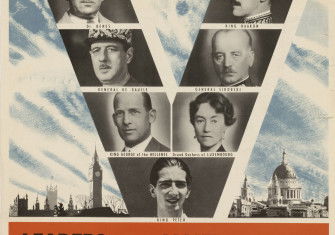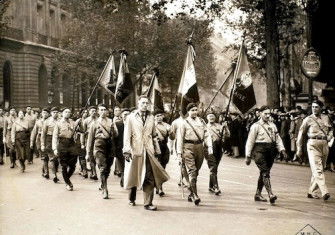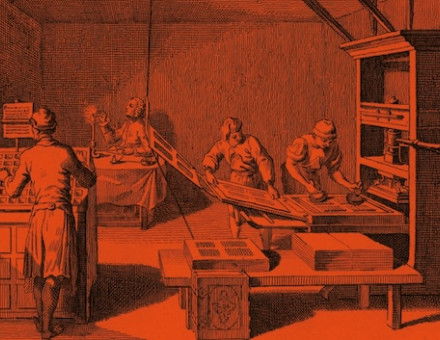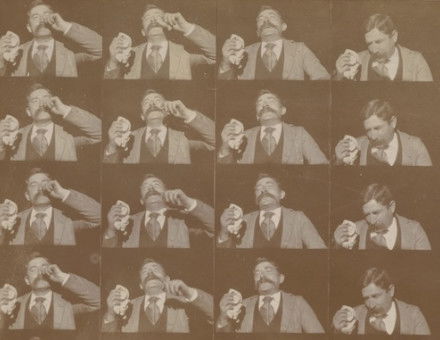Charles de Gaulle is Sentenced to Death
Court-martialled in absentia on 2 August 1940, the Vichy regime confiscated de Gaulle’s property and condemned him to death.
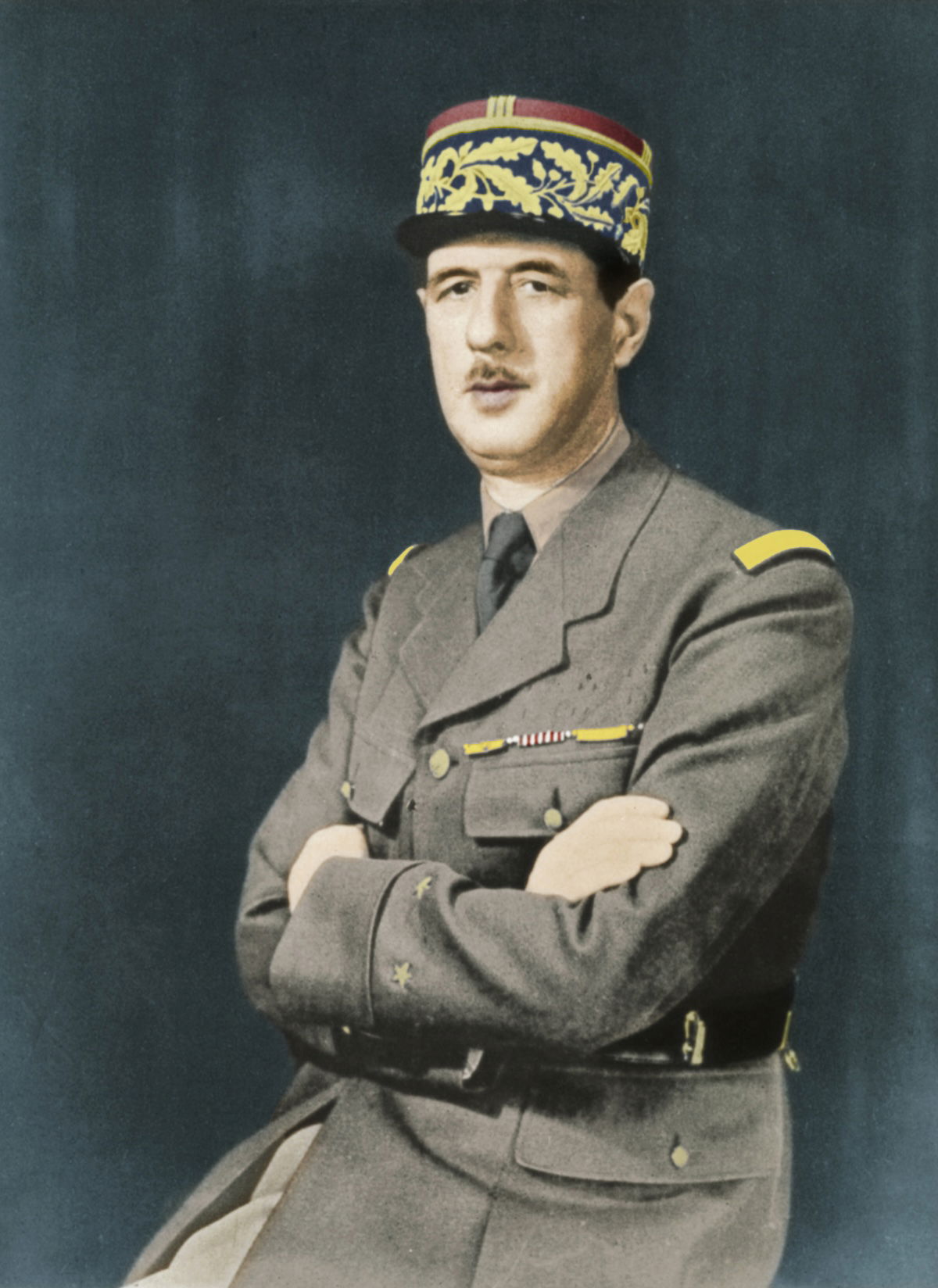
On 17 June 1940, when Marshal Pétain surrendered France to the Nazis, 49-year-old General Charles de Gaulle was in London. The next day he made a broadcast on the BBC: ‘Whatever happens, the flame of French resistance must not and shall not go out’, he declared.
The Vichy government ordered him back to France. In London, support for him was thin. ‘The London French … fall into two groups’, he said gloomily: ‘those who are in the United States and those who are getting ready to leave.’ But de Gaulle was not an easy man to like. ‘His only relaxation, I might say his only pleasure, was hating’, a friend wrote. ‘And he hated everybody.’ His wife and daughter left London too – for Shropshire.
‘You are all alone?’ Churchill asked him on 27 June. ‘Well, then, I recognise you all alone.’ The next day the British acknowledged him as the leader of the Free French.
On 2 August a court martial in Clermont-Ferrand confiscated his property and condemned him to death in absentia for desertion. When news of the sentence broke in Britain, people left quantities of jewels at his headquarters, and nameless widows sent in their wedding rings for melting down – small golden sacrifices to the freedom of France. Even de Gaulle found it hard to hate that.



